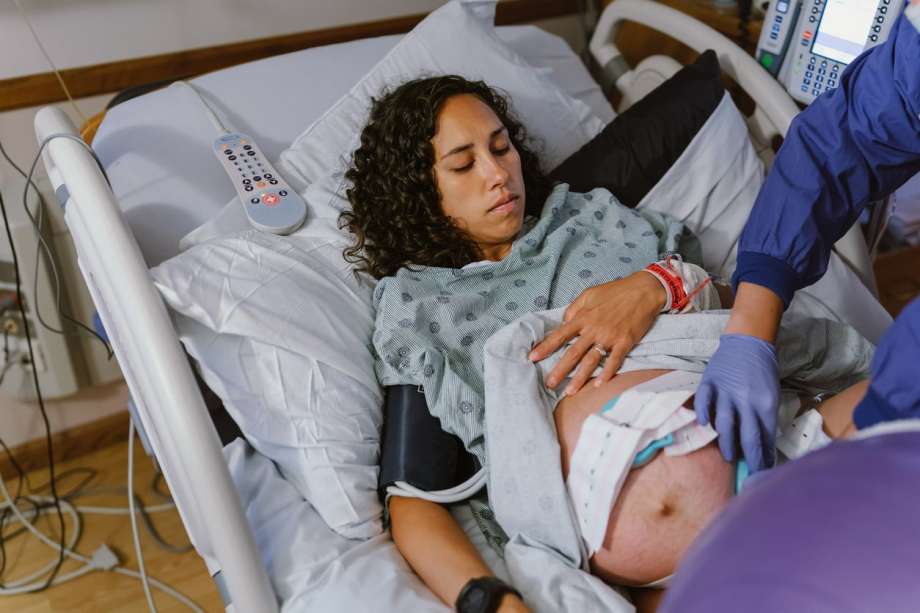Premature Births

About 380,000 babies are born prematurely in the United States every year. That means 1 in 10 babies are born too soon. A baby is considered to be premature if they are born before 37 weeks of pregnancy. Babies born very prematurely have increased survival rates thanks to advances in medical care.
Levels of prematurity include:
- Extremely preterm infants who are born before 28 weeks
- Very preterm infants who are born between 28 and 32 weeks.
- Moderate to late preterm infants who are born between 32 and 37 weeks
Pregnancy complications can cause spontaneous preterm labor or require the baby to be delivered early to protect the mother or baby.
If your baby is born prematurely, they may need to spend time in a neonatal intensive care unit (NICU).
Advising an Early Delivery
A decision may be made to deliver a baby early if the mother's or baby's health is in danger. For example, an early delivery may be recommended if the mother has preeclampsia and her blood pressure cannot be controlled. An early delivery may also be advised if a scan shows that the placenta is not functioning well and the baby is not receiving enough oxygen.
Spontaneous Preterm Labor
The cause of spontaneous labor before 37 weeks is often unknown. However, it is more likely if a woman has an abnormality of the uterine wall, such as large fibroids, a weakness in the cervix, or an infection.
6 Months Pregnant: Body Changes, Symptoms & an Essential Checklist
At six months pregnant, you are two-thirds of the way through your pregnancy and getting closer to meeting your baby every day! As the third-trimester approaches, we consider a timely checklist, your baby’s development, changes to your body, and what to expect at your upcoming prenatal visits. Read More
What Can Be Done About Premature Labor?
Preterm labor can't always be stopped, but medication can slow the process and reduce some risks.
Steroids can promote the production of a natural chemical in the baby's lungs that reduces the effort of breathing. They must be given 24 to 48 hours before the birth to have maximum benefit.
You may also be given oral medicine or an injection to reduce the frequency of contractions. This can prolong pregnancy for a few days, during which time the steroids can take effect.
You may receive antibiotics, if needed, because preterm babies are susceptible to bacterial infections during birth.
If necessary, you will be transferred to a hospital with a NICU.
Predicting Premature Labor
It's hard to predict who will go into labor prematurely. However, if you've had a previous preterm birth, tests may be done to find out if it is likely in your current pregnancy.
Common risk factors for premature birth include:
- Delivering a premature baby in the past.
- Pregnancy with multiples.
- Tobacco use and substance abuse.
- Less than 18 months between pregnancies.
A cervical scan may be done around 23 weeks, a shorter cervix increases the risk of early labor. Sometimes, a short or early dilated cervix is strengthened with a stitch called a cerclage.
Pelvic swabs can detect bacteria that are linked to preterm labor. A fetal fibronectin test shows whether a protein is present that generally can't be detected until 1-3 weeks before labor and delivery.
Talk to your healthcare provider about any specific risk factors you may have for premature birth and the signs and symptoms of preterm labor. Early recognition of risk factors and symptoms may lead to better outcomes for you and your baby.


